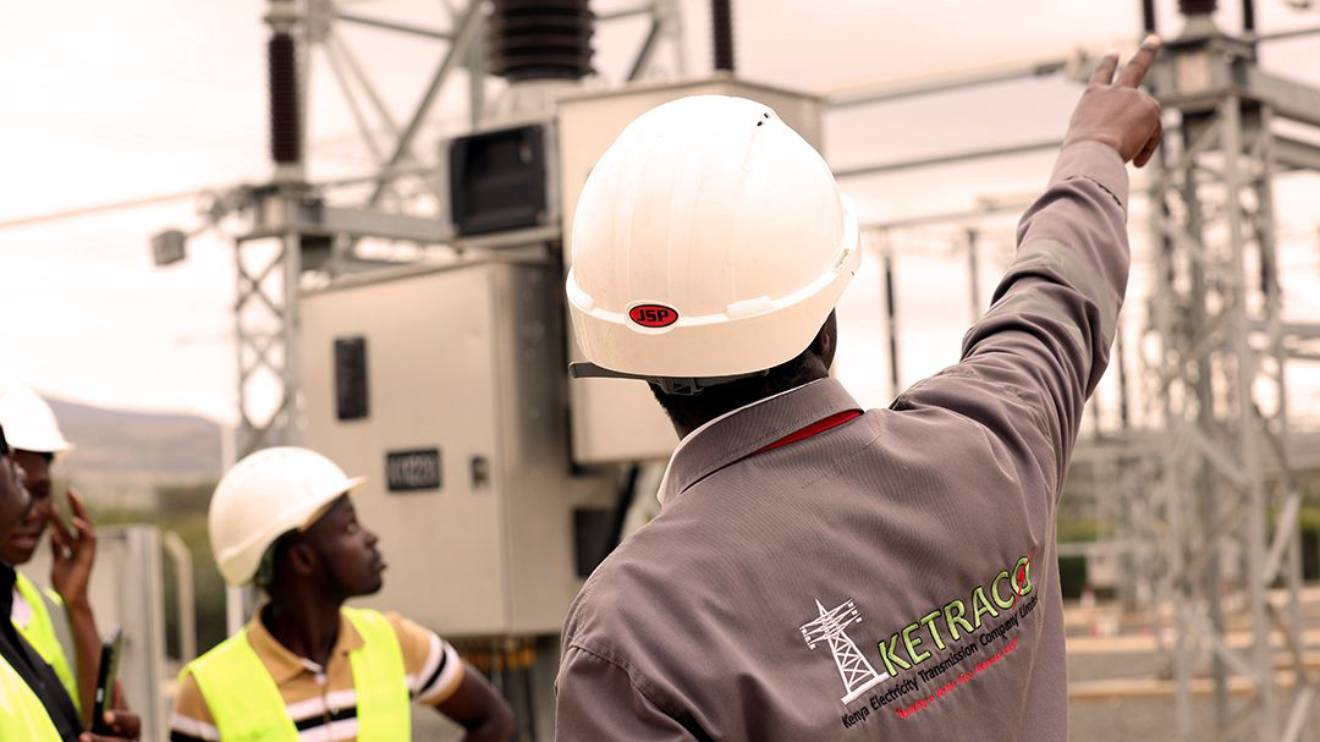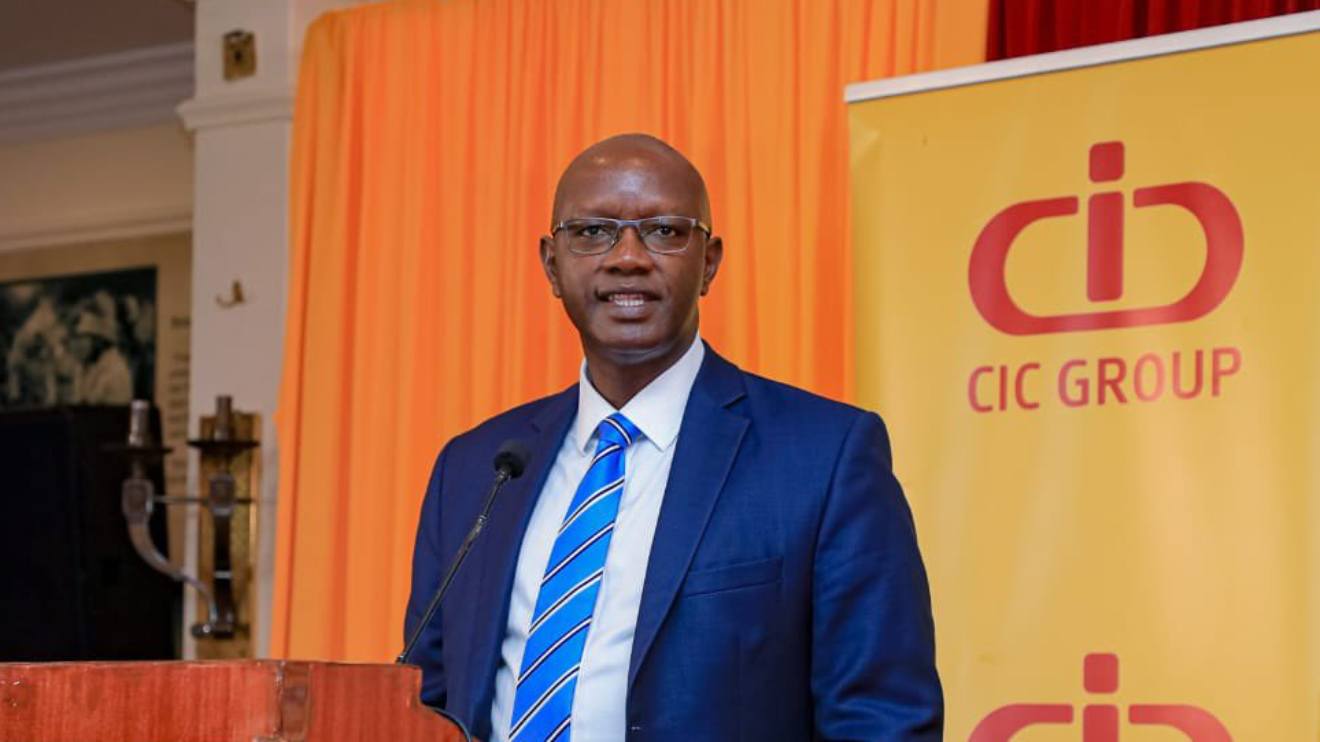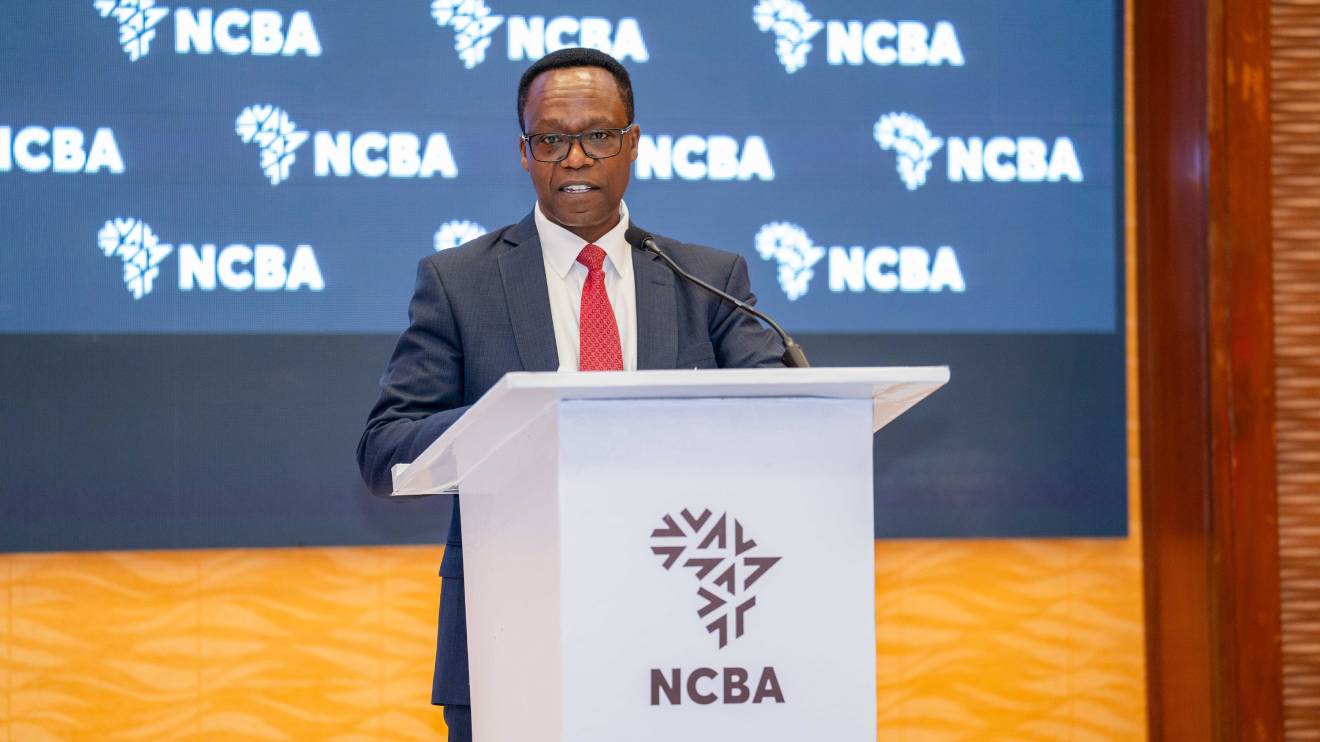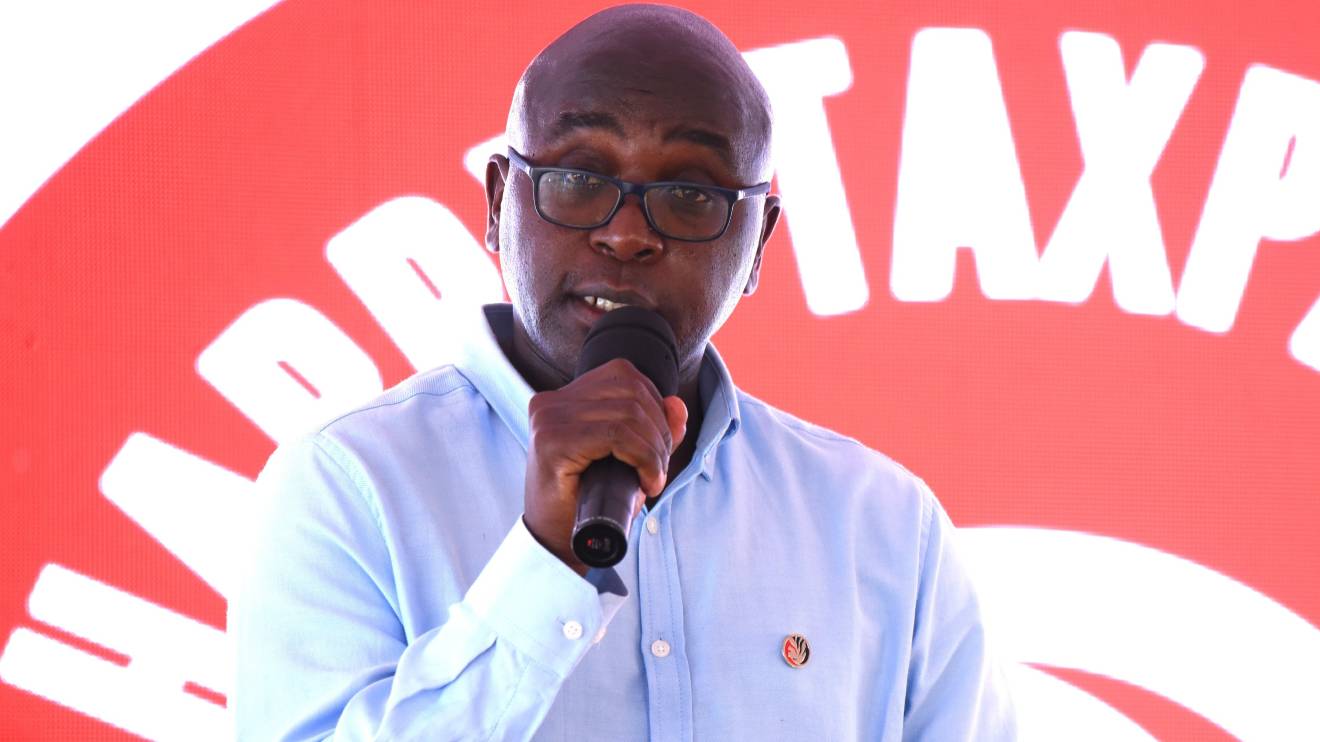Kenya Electricity Transmission Company Limited (KETRACO) has committed to compensate all residents affected by the ambitious Sh95.6 billion Adani Energy Solutions Limited (AESL) power project.
This pledge aims to address community concerns as the company prepares to construct key electricity transmission infrastructure throughout the country.
KETRACO’s statement emphasised its dedication to project-affected persons (PAPs), affirming that “all the project-affected persons will be compensated for losing their assets and structures and any damage to crops and trees.”
Additionally, the company has assured that those displaced as a direct result of the project will be “fully resettled,” ensuring support for all individuals affected by the developments.
The initiative is part of KETRACO's broader strategy to mitigate the negative impacts associated with the project.
Read More
“They will also be compensated at market value for limited loss of use of land for the parcels that will be affected by the transmission lines,” the statement read.
Furthermore, KETRACO plans to address any “loss of business and loss of income” through comprehensive livelihood restoration programmes.
This announcement follows Energy Cabinet Secretary Opiyo Wandayi's confirmation of a substantial agreement between KETRACO and AESL, valued at Sh95.68 billion ($736 million).
The deal grants Adani the authority to construct and operate four electricity transmission lines and two substations for 30 years before transferring ownership back to the Kenyan government.
Under this agreement, notable projects include the expansive 400kV (Double-Circuit) Gilgil-Thika-Malaa-Konza line, which spans 208.73 km; the 220kV Rongai-Keringet-Chemosit line, covering 99.98 km; and the 132kV Menengai-Ol Kalou-Rumuru line, extending 89.88 km.
Additionally, two substations will be established: a 400/220kV substation at Lessos and a 132/33kV substation at Thurdibuoro.
KETRACO’s initiative marks a major advancement in enhancing Kenya's energy infrastructure, potentially improving power distribution across vital regions.
As the project progresses, the focus on compensation and resettlement is likely to play a crucial role in garnering community support and alleviating any potential backlash from affected residents.


-1756474472.jpg)



-1753733469.jpeg)


